A well-designed shower system can elevate your bathroom experience, especially with a luxurious rain shower system. But how long does a typical shower system last, and how can you extend its lifespan? In this article, we’ll explore the factors that impact the longevity of a shower, break down the lifespan of each key component, and provide maintenance tips to keep your shower running smoothly for years.
-
Introduction
-
Factors That Affect the Lifespan of a Shower System
-
Lifespan of Key Shower System Components
-
Signs It’s Time to Replace Your Shower System
-
Maintenance Tips to Extend Your Shower's Lifespan
-
When to Consider Upgrading Your Shower
Understanding the Lifespan of a Shower System
The lifespan of your rain shower system depends on several factors, from the quality of materials to the frequency of use. Let’s look at these key considerations to help you better understand the durability of your shower system.
1. Quality and Type of Materials
-
High-Quality Materials: Investing in a shower system made from top-grade materials, such as brass or stainless steel, can significantly increase its lifespan.
-
Corrosion Resistance: Components that resist corrosion will generally last longer. Opt for corrosion-resistant metals, especially for areas exposed to water frequently.
2. Installation and Workmanship
-
Professional Installation: Proper installation by a skilled plumber can prevent leaks and other issues that may shorten the life of your shower system.
-
DIY Caution: While DIY installations can save costs, improper installation can lead to issues like water damage, reducing the lifespan of the system.
3. Frequency of Use
-
High Traffic: Showers in homes with multiple users experience more wear and tear, which can reduce the lifespan of some components.
-
Occasional Use: Showers used infrequently may last longer, though stagnation can still affect certain parts if not properly maintained.
4. Maintenance and Upkeep
-
Routine Maintenance: Regular upkeep, such as cleaning and timely repairs, helps keep your shower system in top condition.
-
Neglected Maintenance: Ignoring minor issues can lead to significant problems, decreasing your shower system's overall lifespan.
Key Components of a Shower System and Their Lifespans

A typical shower system has multiple components, each with a different expected lifespan. Let’s explore these components and how long they generally last:
1. Shower Heads
-
Lifespan: 10-15 years
-
Considerations: Rain shower heads may require cleaning to remove mineral buildup. Regular maintenance can keep them functioning smoothly for longer.
2. Valves and Controls
-
Lifespan: 15-20 years
-
Considerations: These parts regulate water flow and temperature, so quality and regular maintenance are crucial.
3. Acrylic and Fiberglass Showers
-
Lifespan: 10-20 years
-
Considerations: Acrylic and fiberglass are popular options but are more prone to scratches and fading over time.
4. Ceramic and Porcelain Tiles
-
Lifespan: 20-50 years
-
Considerations: Tiles are durable but can crack or discolor. Grout lines should be checked regularly to prevent water seepage.
5. Shower Doors
-
Lifespan: 10-20 years
-
Considerations: Shower doors, particularly glass ones, should be cleaned regularly to prevent soap scum and mineral buildup.
6. Bathtubs
-
Lifespan: 15-30 years
-
Considerations: The material of the bathtub impacts its durability; for example, cast iron lasts longer than acrylic.
7. Shower and Bathtub Fittings
-
Lifespan: 5-10 years
-
Considerations: Fittings like knobs, handles, and faucets may wear out sooner and often need replacing due to rust or corrosion.
How to Know When It Is Time to Have Your Shower Replaced
It’s essential to recognize the warning signs indicating that your rain shower system or its components may need replacement. Here are some signs to watch for:
1. Leaks and Dripping
-
Warning Sign: Continuous leaks from shower heads, valves, or pipes can lead to significant water damage and mold growth if left unchecked.
2. Fluctuating Water Temperature
-
Warning Sign: If you experience sudden temperature changes, this could signal a problem with your shower’s valve or thermostat.
3. Visible Wear and Damage
-
Warning Sign: Cracks, rust, or faded surfaces can be signs that the materials are wearing down and may need replacement.
4. Reduced Water Pressure
-
Warning Sign: Lower water pressure may indicate a clogged shower head or an issue with the water valve. If cleaning doesn’t solve the problem, consider a replacement.
Maintenance Tips to Extend Your Shower's Lifespan
A little maintenance goes a long way in prolonging the lifespan of your shower system, ensuring you enjoy a comfortable and efficient rain shower experience for years. Here are some valuable tips:
1. Regular Cleaning
-
Importance: Prevents soap scum, mold, and mineral buildup, which can damage shower surfaces and components.
-
Tip: Clean with a mild detergent and soft cloth to avoid scratching.
2. Prompt Repairs
-
Importance: Addressing small issues promptly can prevent them from becoming major problems.
-
Tip: Fix leaks, drips, and loose fittings as soon as possible.
3. Use High-Quality, Durable Materials
-
Importance: Investing in durable materials can extend the lifespan of your shower system components.
-
Tip: Choose materials like stainless steel or brass, known for their longevity.
4. Soft Water Solutions
-
Importance: Hard water contributes to mineral buildup, which can damage shower heads and fittings over time.
-
Tip: Consider installing a water softener to reduce mineral deposits in your water.
5. Professional Inspections
-
Importance: Annual inspections by a professional plumber can identify potential issues before they become costly repairs.
-
Tip: Schedule regular inspections to catch hidden problems early.
6. Renovate to Age-in-Place
-
Importance: Aging in place requires a safer shower setup. Adding accessibility features during a renovation can make your shower more user-friendly.
-
Tip: Install grab bars, non-slip floors, and an accessible rain shower head to enhance safety.
7. Choose Timeless Features and Finishes
-
Importance: Timeless designs help your bathroom stay stylish for years.
-
Tip: Opt for neutral colors and classic styles, which will remain attractive and valuable over time.
When to Consider a Shower Upgrade
Sometimes, upgrading your rain shower system is about more than just fixing problems. Here are some reasons to consider an upgrade:
-
Enhanced Technology: Newer systems offer improved water efficiency, better spray control, and smart features.
-
Personal Preferences: A change in personal style or preferences may prompt you to upgrade to a more luxurious or contemporary rain shower system.
-
Improved Comfort: Upgrading to a rain shower system with multiple spray settings or increased coverage can significantly enhance your shower experience.
-
Eco-Friendly Features: Many modern systems come with water-saving features, helping you conserve water and lower your utility bills.
Takeaway
The typical lifespan of a shower system depends on factors such as the quality of materials, frequency of use, and maintenance. By understanding the lifespan of each component and following essential maintenance tips, you can maximize the longevity of your shower, including luxurious rain shower systems. Keep an eye out for signs that may indicate it’s time for a replacement, and don’t hesitate to upgrade for added comfort, efficiency, and style.

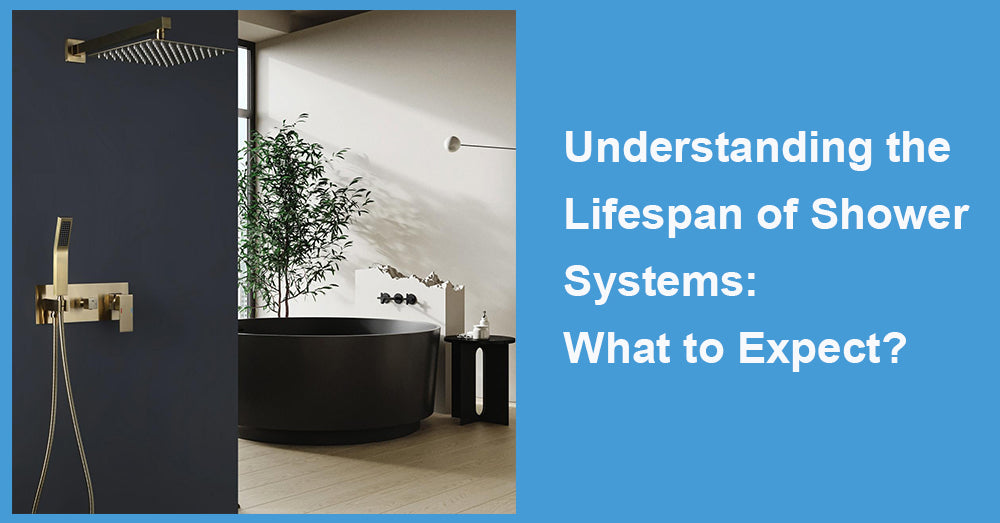
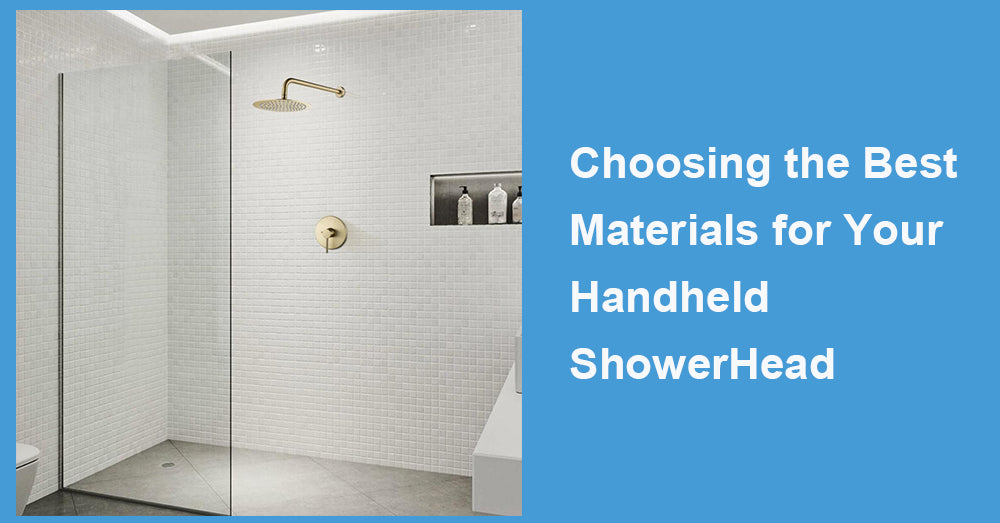
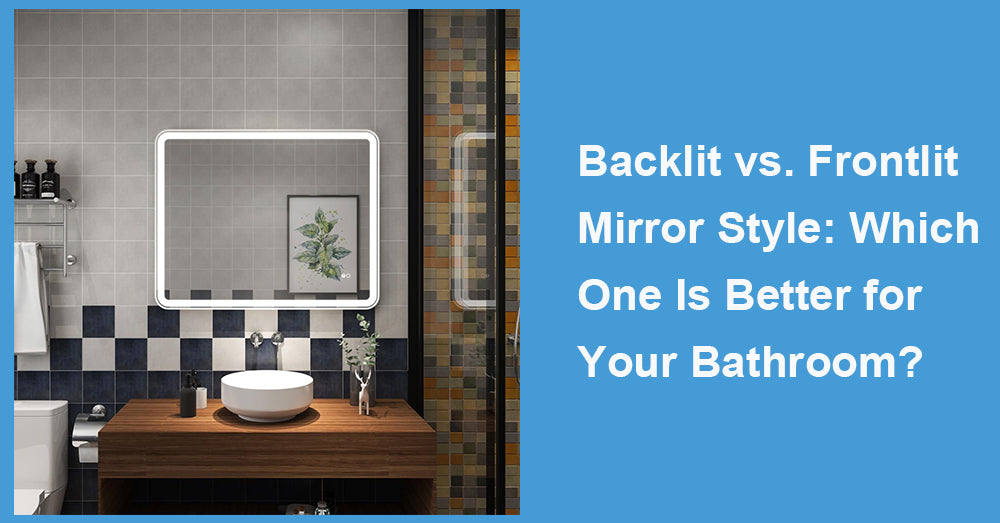
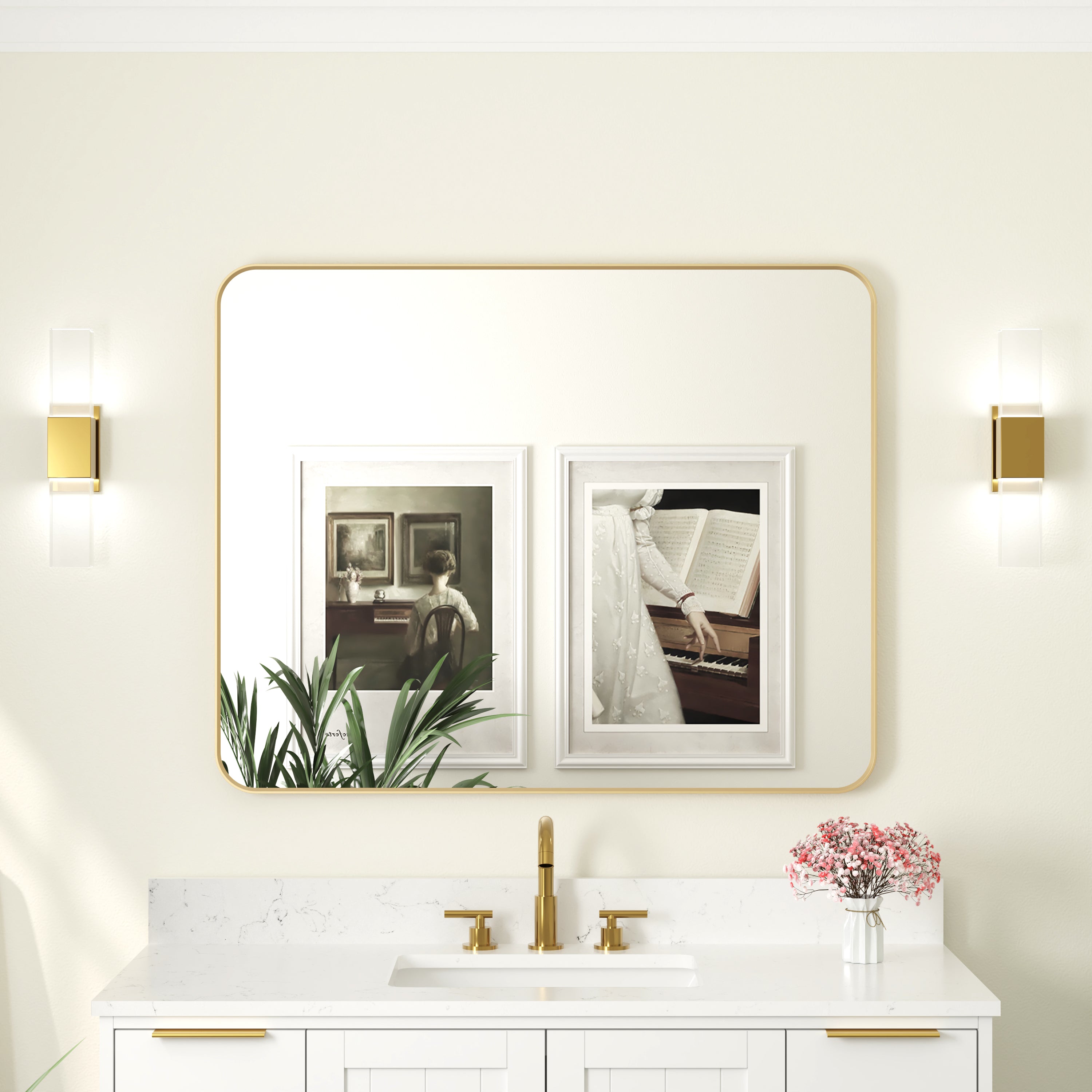

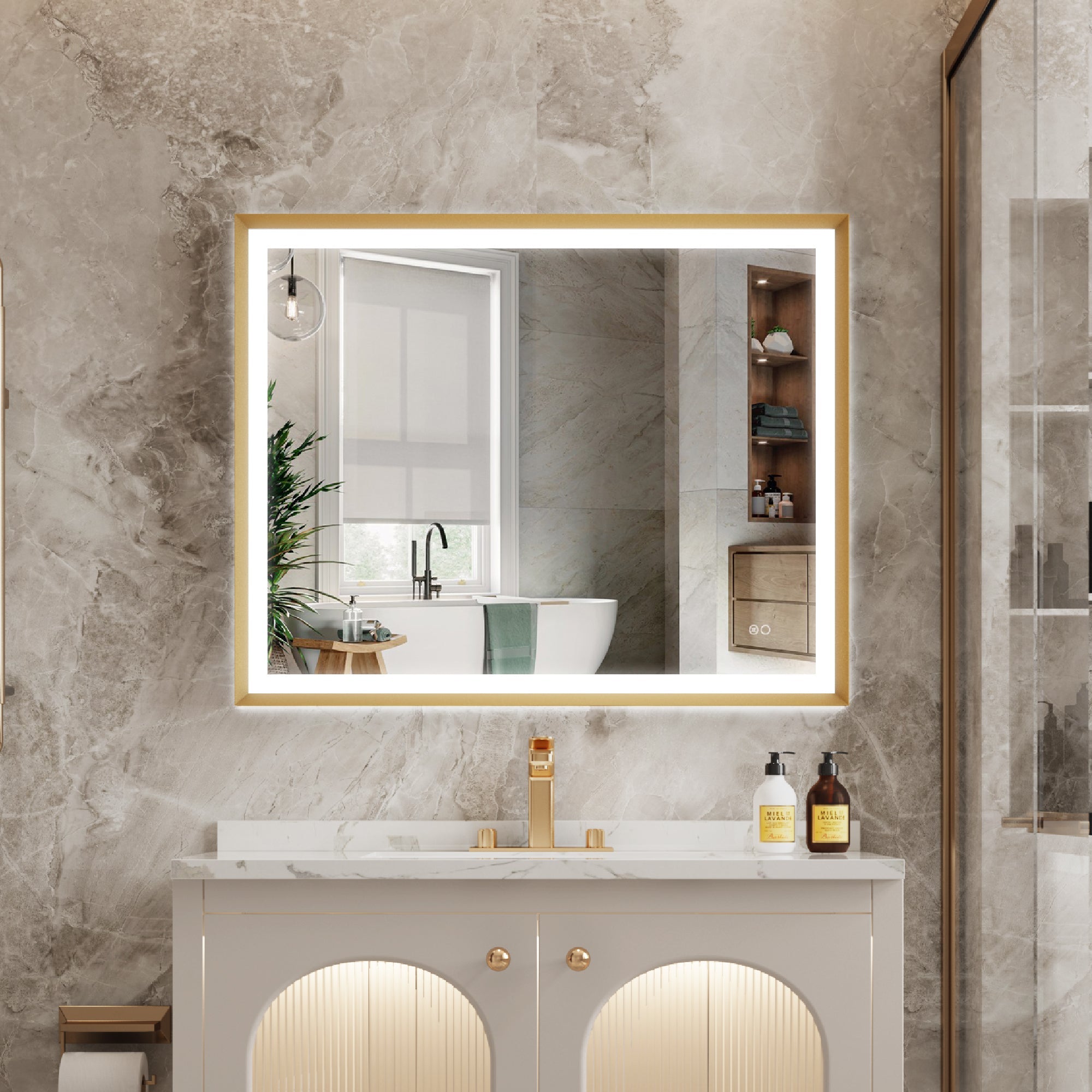




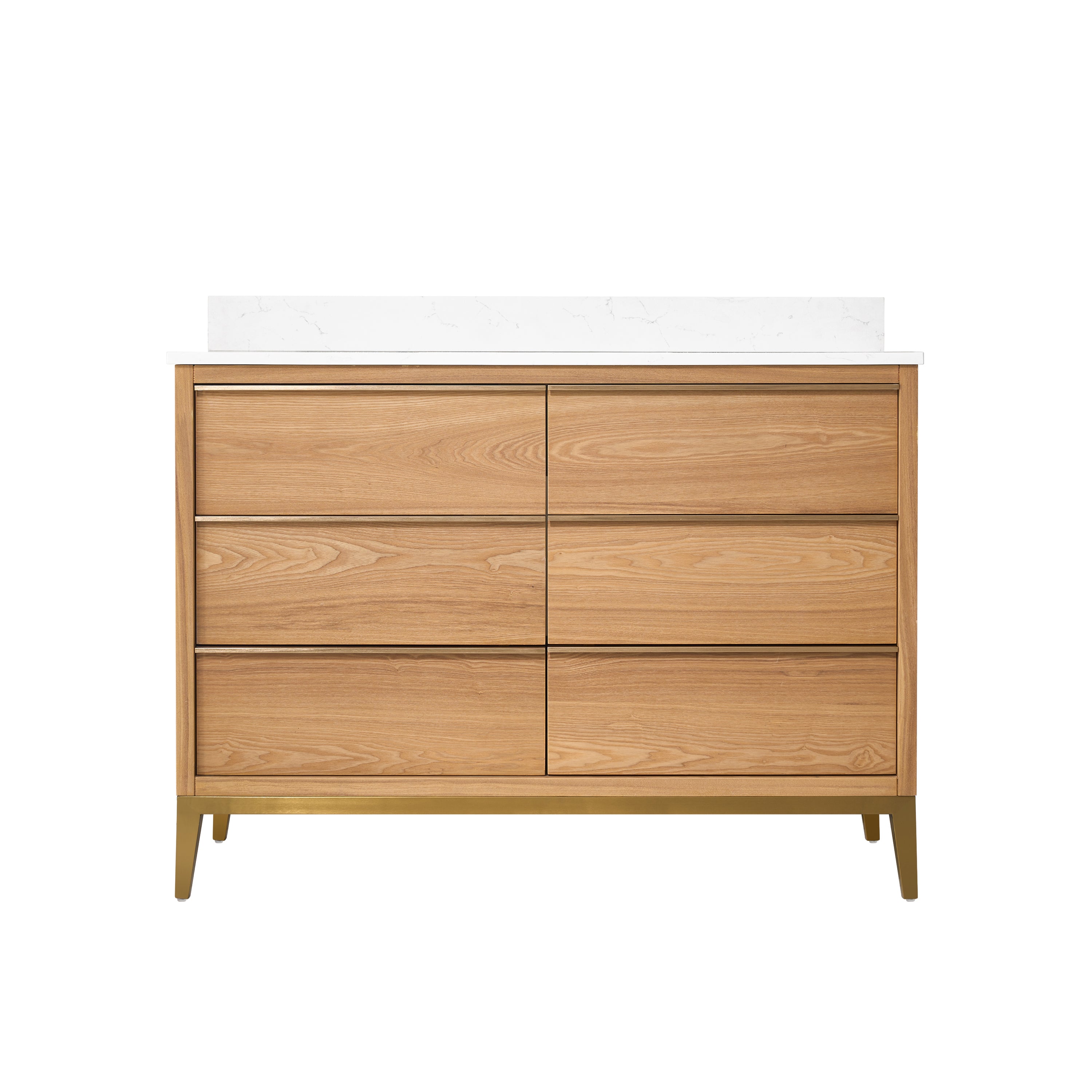




Leave a comment
This site is protected by hCaptcha and the hCaptcha Privacy Policy and Terms of Service apply.